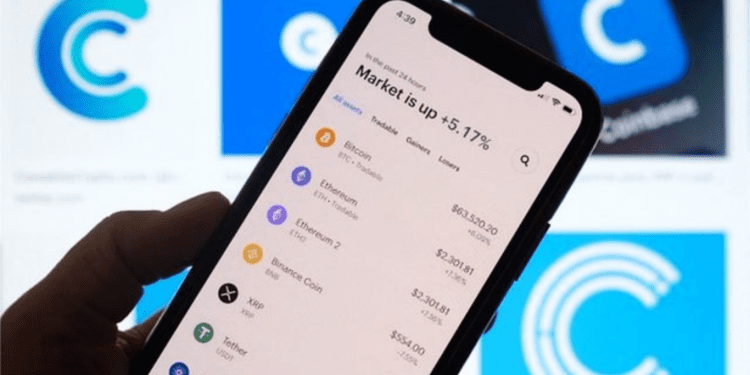- Circle has launched a programmable wallet service designed for developers, a step towards simplifying the process of transacting digital assets.
- The Wallet-as-a-Service platform is “blockchain agnostic,” supporting Ethereum, Polygon, and Avalanche currently, with more chains to be added soon.
- The platform’s design allows seamless integration of wallets into existing user interfaces, enhancing the user experience, and enabling more functionality with less code.
Circle, best known for their USDC stablecoin, has taken another huge step towards simplifying the process of transacting digital assets. Circle CEO Jeremy Allaire announced via Twitter the launch of a new programmable crypto wallet service designed for developers. A part of Circle’s Web3 Services suite, this platform will allow developers to “embed secure wallets within minutes,” thus helping them build delightful Web3 apps quickly and efficiently.
The standout feature of Circle’s service is its “blockchain agnostic” approach, enabling developers to use the wallet across multiple blockchains without the need to write blockchain-specific code. Currently, it supports Ethereum, Polygon, and Avalanche with plans for the addition of other chains in the near future.
This move is not only aimed at making blockchain development more accessible, but also at bolstering the use of Circle’s most prominent product, USDC. The USDC stablecoin, a digital token backed by U.S. dollar reserves, serves as a vital tool for traders who need to swiftly enter and exit trades without grappling with fiat currency or traditional bank accounts.
The Wallet of the Future: Features and Benefits
Circle’s programmable wallets are designed to deliver a user-friendly experience. Developers can seamlessly embed these wallets into their existing user interface (UI), providing a streamlined and delightful experience that users expect. This innovative offering has potential implications for enhanced security, convenience, and accessibility for crypto enthusiasts and organizations alike.
Moreover, the platform provides more functionality with less code, allowing developers to build using familiar REST APIs and iOS and Android SDKs to manage their users’ wallets and transactions. It offers operations monitoring features such as built-in transaction logs, user-level monitoring, and error reporting. This kind of infrastructure enables developers to troubleshoot their apps effectively and provide better support for users.
Also worth noting is the platform’s flexibility when it comes to custody options. Currently, users must hold their private keys themselves. However, Circle has indicated plans to update this service, thereby allowing developers to control users’ private keys. This update will undoubtedly offer a greater degree of flexibility and control to both users and developers.
A Step Forward in the Crypto Space
Despite the innovative features of Circle’s new platform, it’s worth noting that they are not alone in this space. Earlier this year, Coinbase, America’s biggest digital asset exchange, launched a similar wallet-as-a-service business. This indicates a growing trend among crypto companies towards simplifying and streamlining blockchain wallet usage for their customers.
Circle’s move, with its specific focus on being “blockchain agnostic” and the promise of extending the service to multiple blockchains, sets it apart. As the crypto world continues to evolve, initiatives like Circle’s new programmable wallet are an essential step towards greater accessibility and wider adoption of digital assets. By providing robust infrastructure and tools to build innovative applications, Circle is playing a crucial role in shaping the future of blockchain technology.














